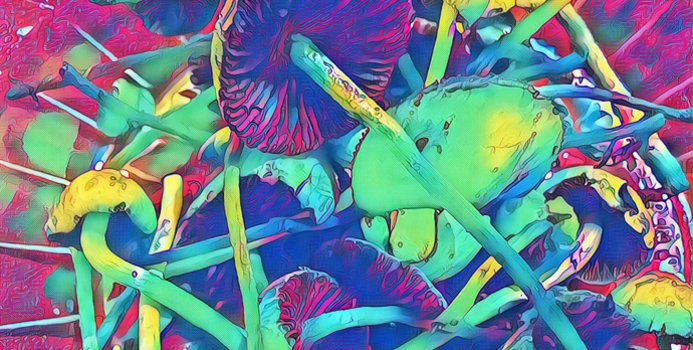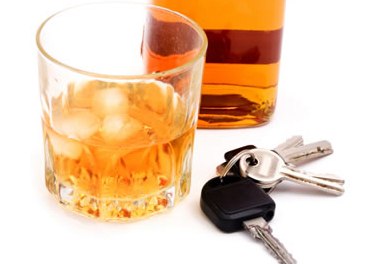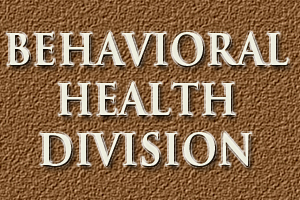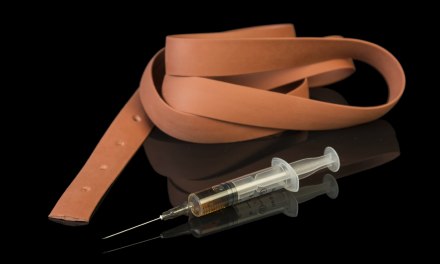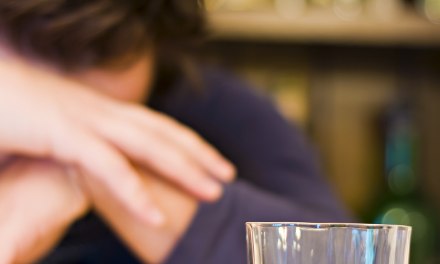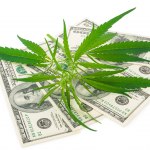This article showed up recently on the Vox website. It’s a good overview of the microdosing movement (trend? fad?) in pandemic America.
Microdosing, if you’re not familiar with it, is the practice of ingesting tiny doses of a psychedelic drug such as psilocybin or LSD, in the belief that it will somehow improve your mood, spur your creativity, or otherwise enhance your performance.
Subhead: Tiny doses of magic mushrooms, LSD, and cannabis have hit wellness culture, while the stigma around the drugs recedes.
That last statement seemed odd. Why, during the worst drug epidemic in US history, would we expect the stigma around illicit drug use to recede? If anything, shouldn’t it have grown stronger? We’re talking half a million dead here. That’s not scary enough?
Apparently it isn’t, judging by the tenor of many recent media pieces. Drugs we were once taught to consider risky – such as those mentioned above – are now portrayed as of great benefit to humanity. Reporters may nod in the direction of potential risks to the user, but only in the context of a largely positive review.
I checked, and indeed, this writer does make a few critical comments:
- First, uncertainty about whether microdosing works at all. These are very small doses, after all. Why would they have a significant impact? Could this be a byproduct of our old friend, the placebo effect? If so, why bother to spend the money on microdosing, versus other, more obviously impactful remedies?
- Performance-enhancing drugs have long been a part of Tech industry culture, and glowing reports from ‘tech barons’ are akin to celebrity endorsements. Fans wonder, if I microdose, can I be successful, too? It’s like the old joke about the patient who asks his physician if he’ll be able to play the piano post-surgery. “I never could before,” he admits later.
- The ‘wellness’ movement has propelled many such practices to prominence. CBD would be an example. That’s thrived despite little scientific evidence to justify its popularity. In fact, I just learned that sales of CBD supplements are down significantly. Maybe consumers are moving on?
- Last but not least, the Internet and social media — which has changed the way we market, promote, sell, and purchase drugs.
Many articles directly attribute the current popularity of certain drugs to past prohibition efforts, and the anti-drug campaigns they spawned. Here, the reference is to “America’s disastrous war on drugs”. A link within the piece leads to an article from a policy expert whose view is, and I quote: “the historical foundation of drug policy in the United States was to vilify African Americans, Native Americans, immigrants from Asia and Mexico, and other outgroups, and to turn White America against each.” I’m sure he meant every word, but my experience of drug abuse has led me to different conclusions.
I was never a fan of the ‘War on…’ metaphor as a way of dealing with complex social problems such as widespread drug abuse. Neither can I legitimately blame the consequences of something as awful as the crack epidemic solely on misguided government efforts to suppress it.
People use crack because it feels good, at least at first. That’s all the motivation most users need. As with so many drugs, the feeling doesn’t last. That’s just how it works.
I saw our country at the time as a nation with no real clue what drug abuse and addiction were all about, yet eager to rush ahead with a ‘fix’ for both. In doing so, America made exactly the sort of mistakes that people make when they’re desperate for a solution to a problem they don’t really understand in the first place.
The errors they made were IMO mostly born of genuine ignorance and incompetence, not true malice. In some respects, I suppose that’s worse.

